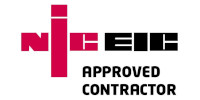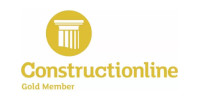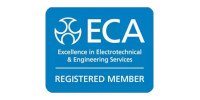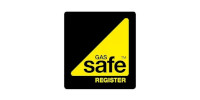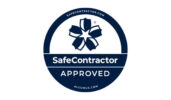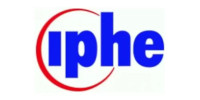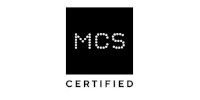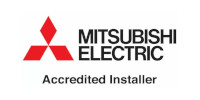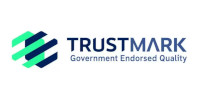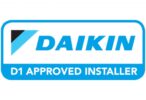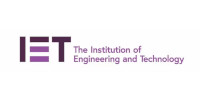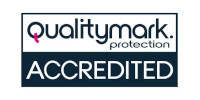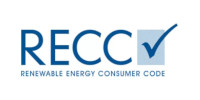The Benefits of Planned Preventive Maintenance Over Reactive Maintenance
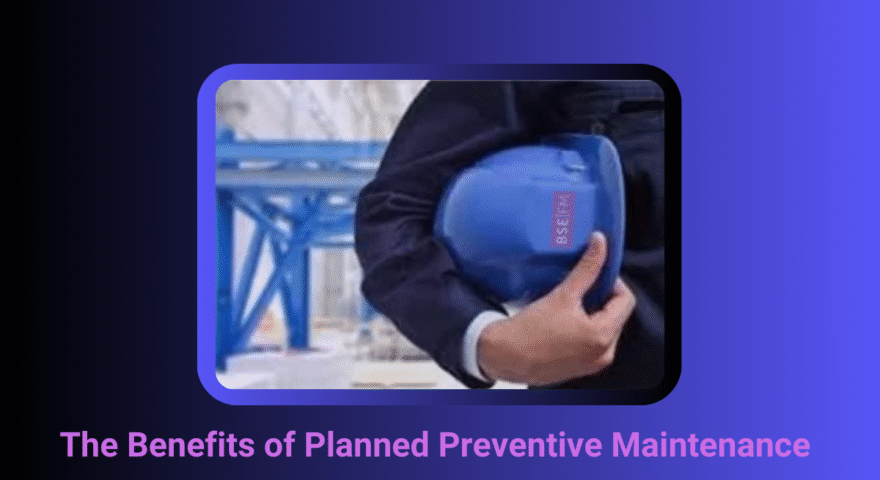
In the realm of facilities management, the debate between Planned Preventive Maintenance (PPM) and Reactive Maintenance is ongoing. However, for facilities such as hotels, schools, and healthcare settings, the benefits of adopting a PPM strategy far outweigh the costs and disruptions associated with a reactive approach.
Understanding Planned Preventive Maintenance
Planned Preventive Maintenance (PPM) involves regularly scheduled inspections, servicing, and repairs of equipment and systems to prevent potential issues before they become major problems. This proactive approach ensures that assets are maintained in optimal condition, reducing the likelihood of unexpected failures.
The Drawbacks of Reactive Maintenance
Reactive Maintenance, on the other hand, involves addressing problems only when they arise. While this approach may seem cost-effective in the short term, it often leads to increased downtime, higher repair costs, and significant disruption to operations.
Costs and Disruptions in Different Settings
Hotels – Costs: In the hospitality industry, equipment failures can lead to substantial financial losses. For example, a malfunctioning HVAC system during peak season can drive guests away, resulting in lost revenue and potential damage to the hotel’s reputation. The cost of emergency repairs is typically higher due to the urgency and the need for specialised parts and labour. Disruptions: Hotels thrive on providing a seamless guest experience. Reactive maintenance can lead to significant disruptions, such as out-of-order rooms, compromised amenities, and a decline in guest satisfaction. Planned Preventive Maintenance, however, ensures that all systems are regularly checked and maintained, minimising the risk of unexpected breakdowns and ensuring a smooth operation.
Schools – Costs: Schools operate on tight budgets, and unexpected maintenance issues can cause a strain on financial resources. Reactive maintenance can lead to high repair costs, especially if problems escalate due to delayed attention. For example, a minor leak left unchecked can cause extensive water damage, necessitating costly repairs. Disruptions: Maintenance issues in schools can disrupt the learning environment, leading to cancelled classes or the need for temporary relocation of students. PPM ensures that potential problems are identified and addressed during scheduled maintenance periods, minimising disruptions to the academic schedule and maintaining a safe and conducive learning environment.
Healthcare Settings – Costs: In healthcare settings, the stakes are incredibly high. Equipment failures can not only be costly but also life-threatening. Reactive maintenance can lead to exorbitant repair costs and the need for immediate, often expensive, solutions. PPM, by contrast, helps keep critical medical equipment and infrastructure in optimal condition, reducing the likelihood of costly emergencies. Disruptions: The impact of maintenance issues in healthcare facilities can be profound. Reactive maintenance can lead to the temporary closure of treatment rooms or wards, delayed procedures, and compromised patient care. With PPM, regular inspections and maintenance ensure that all systems and equipment are functioning correctly, thus reducing the risk of unexpected failures and ensuring continuity of care.
The Comprehensive Benefits of PPM
Cost Savings – While PPM may require an initial investment in terms of time and resources, it results in significant long-term savings. Regular maintenance helps identify and resolve issues before they escalate, reducing the need for expensive emergency repairs. Additionally, well-maintained equipment tends to have a longer lifespan, further reducing costs associated with replacements.
Minimising Disruptions – PPM allows for maintenance tasks to be scheduled at convenient times, minimising disruption to operations. This is particularly important in settings like hotels, schools, and healthcare facilities where continuity is crucial. By planning maintenance activities, facilities can ensure that they do not interfere with critical operations or services.
Enhancing Safety and Compliance – Regular maintenance ensures that all systems and equipment meet safety standards and comply with relevant regulations. This is particularly important in healthcare settings where equipment failure can have life-threatening consequences. PPM helps maintain a safe environment for guests, students, staff, and patients alike.
Improving Efficiency and Performance – Well-maintained equipment operates more efficiently, leading to energy savings and improved performance. For hotels, this can mean better guest comfort and satisfaction. In schools, it can create a more conducive learning environment, and in healthcare settings, it ensures that critical medical equipment is always ready for use.
For facilities managers in hotels, schools, and healthcare settings, the benefits of Planned Preventive Maintenance are clear. By investing in a proactive maintenance strategy, facilities can reduce costs, minimise disruptions, enhance safety, and improve overall efficiency. While Reactive Maintenance may seem like a viable short-term solution, the long-term benefits of PPM make it the superior choice for maintaining the smooth operation and integrity of any facility. At BSE|FM, we always promote the benefits of preventive maintenance, a view that is shared by our portfolio of clients who have appointed us as their trusted maintenance contractor.
Talk to Our Expert Team
If you would like to learn more about the range of services we offer, please get in touch for an informal discussion about your needs and requirements.

